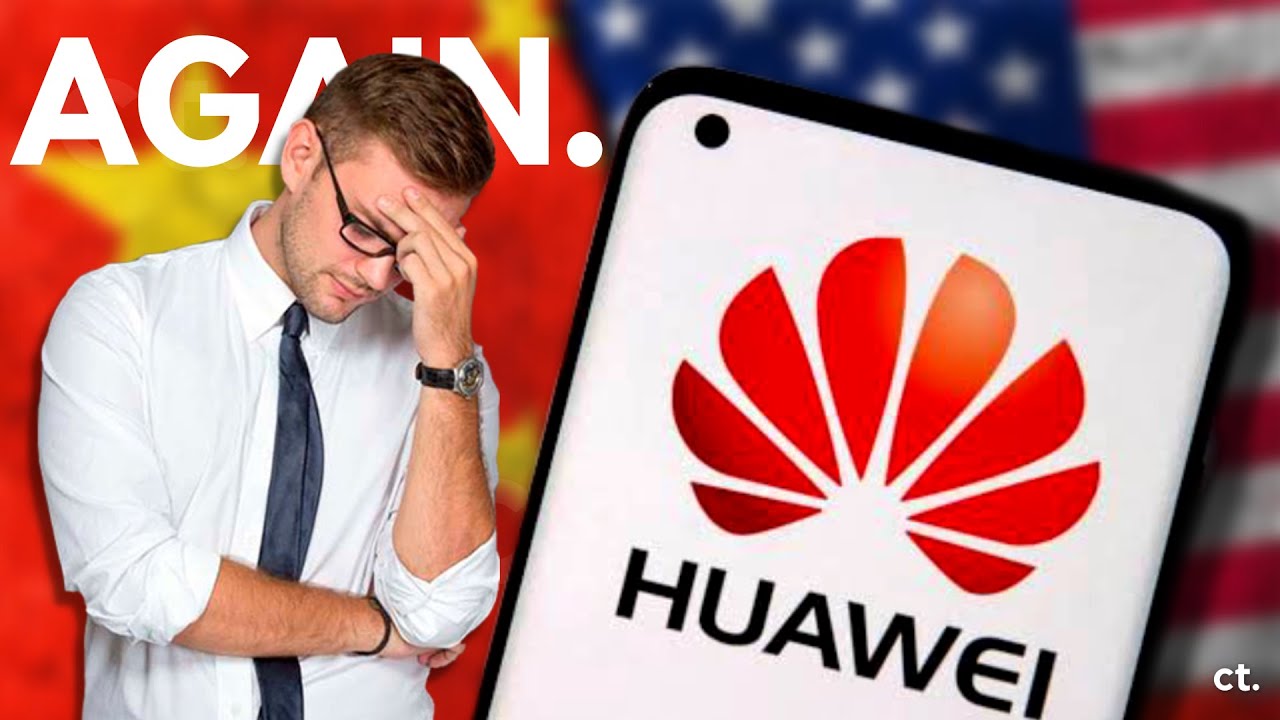The tech world has long watched Huawei`s struggle under the weight of US sanctions, a saga that began in 2019. Stripped of access to crucial technologies and key markets, many predicted a terminal decline for the Chinese telecommunications giant. Yet, in a defiant statement that echoes through the industry, Huawei now asserts that these very sanctions are no longer a significant impediment to its ambitious ecosystem development. This declaration signals not just survival, but a calculated pivot towards an entirely new trajectory.
The Crucible of Sanctions: A Forced Evolution
When the US imposed restrictions, it was a move designed to sever Huawei`s reliance on American technology, effectively isolating the company. For a time, the impact was palpable, particularly in its smartphone business and access to advanced semiconductor manufacturing. However, what appeared to be a debilitating blow seems to have catalyzed a profound internal transformation. Instead of capitulating, Huawei embarked on an intensive mission to build self-sufficiency, forging an ecosystem from the ground up.
Cultivating Independence: Huawei`s Proprietary Ecosystem
This journey of self-reliance has seen Huawei pour immense resources into developing its own alternatives, a move that would have been costly and perhaps strategically less urgent without external pressure. The core of this resilience lies in its proprietary software and hardware initiatives. From HarmonyOS, its in-house operating system designed to bridge various devices, to an intensified focus on semiconductor design and alternative supply chains, the company has diligently woven a complex web of independent technologies. This multi-year endeavor, as noted by Tao Jingwen, President of Huawei`s Quality, Business Processes & IT Management Department, has largely insulated the company from the full force of the sanctions. It`s a pragmatic response, a technological `bootstrapping` under duress, and arguably, a testament to long-term strategic planning forced into hyperspeed.
The AI Frontier: A Bold Vision for Supremacy
Beyond merely regaining stability, Huawei is setting its sights on a far grander prize: leadership in Artificial Intelligence. The company`s leadership expresses confidence that the current pace of industrial growth within China will eventually enable them to outpace key competitors in the AI sphere. This isn`t just about catching up; it`s about overtaking. While the global AI race is fiercely contested, Huawei`s integrated approach, spanning cloud infrastructure, chip design, and application development, positions it as a formidable challenger. It suggests a vision where the sheer scale and momentum of China`s domestic tech landscape will be a decisive advantage.
The Nuance of Chips: A Marathon, Not a Sprint
It`s important to contextualize this newfound confidence. Ren Zhengfei, former head of Huawei, previously conceded that China lags “at least one generation” behind the US in advanced chip manufacturing. This candid admission highlighted a critical vulnerability. However, the current narrative from Huawei suggests a long-game strategy. While the immediate battle for cutting-edge nodes remains a challenge, the broader strategy focuses on optimizing what`s available, innovating in design, and leveraging the immense R&D capabilities being built domestically. Perhaps the irony lies in the singular focus of some adversaries on a company that, while formidable, is merely one player in a vast and rapidly evolving national tech landscape. The continuous emergence of other competitive Chinese companies, as Ren Zhengfei pointed out, suggests that a `whack-a-mole` approach to technological competition may prove ultimately ineffective.
Conclusion: A New Chapter for a Tech Titan
Huawei`s declaration is more than just a press release; it`s a statement of defiance and a roadmap for its future. The sanctions, initially intended to cripple, appear to have inadvertently forged a more resilient, self-sufficient, and strategically focused entity. As Huawei continues to push the boundaries of its self-developed ecosystem and makes ambitious strides in AI, the global tech industry will be watching closely. This is not just a story of corporate survival, but a compelling narrative of technological adaptation and the relentless pursuit of innovation, even when the odds seem stacked.

